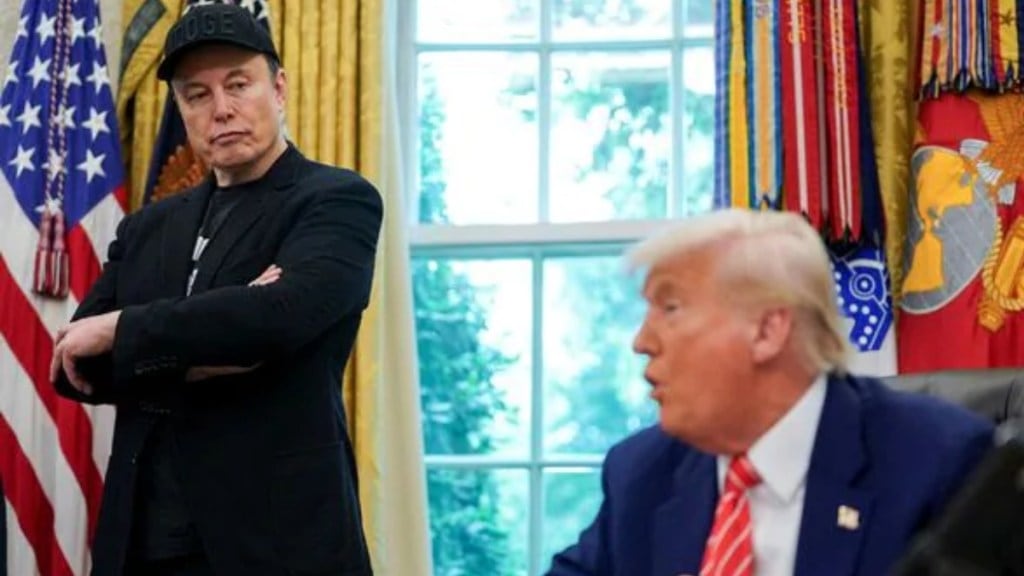Amidst the escalating feud between Donald Trump and Elon Musk, Steve Bannon, a prominent Trump ally and former White House strategist, has publicly called for an investigation into Musk’s immigration status, labeling him an “illegal alien” and urging for his immediate deportation. Bannon’s accusations come amid reports and allegations that Musk worked in the United States without proper authorisation during the 1990s while starting his first company, Zip2.
Musk, born in South Africa, later obtained Canadian citizenship and eventually became a naturalised US citizen in 2002. He has denied any unlawful work activity, asserting that he held valid visas, including a J-1 and an H-1B work visa, during his early years in the US.
Can Musk be deported?
The question of whether Elon Musk can be deported hinges on the legality of his immigration and work status during the early stages of his career in the US Although allegations have surfaced that Musk may have worked illegally before obtaining proper work authorisation. According to the US Constitution, unless there was fraud involved in obtaining citizenship or visas, revocation of his citizenship or deportation is unlikely.
However, under the current Trump administration, deportations have surged to record levels, reflecting an aggressive immigration enforcement strategy focused on both border apprehensions and interior removals. Since January 2025, over 271,000 individuals have been deported, marking the highest number in nearly a decade.
This includes a significant rise in deportations of non-criminal immigrants, many of whom have lived in the US for years and have deep community ties.
Questions arise regarding Musk’s rights and the constitution
Musk has been a naturalised US citizen since 2002, which affords him constitutional protections such as due process under the Fifth Amendment and equal protection under the Fourteenth Amendment. Deportation of a naturalised citizen is rare and generally requires evidence of fraud or serious criminal activity related to the naturalisation process. Therefore, despite the controversy, Musk’s current citizenship status provides him strong legal protection against deportation.
The US Constitution grants certain protections to everyone in the country, regardless of immigration status. These include due process rights, meaning that individuals are entitled to fair legal procedures before the government can take action against them.
Past immigration scrutiny
This isn’t the first time Musk’s immigration status has come under scrutiny. In the past, allegations surfaced that Musk may have worked in the US without proper authorisation while on a student visa in the 1990s.
The call for investigating Musk’s immigration status is unfolding amidst a growing feud between Musk and Trump. The two have publicly clashed over various issues, including Trump’s proposed policies.

